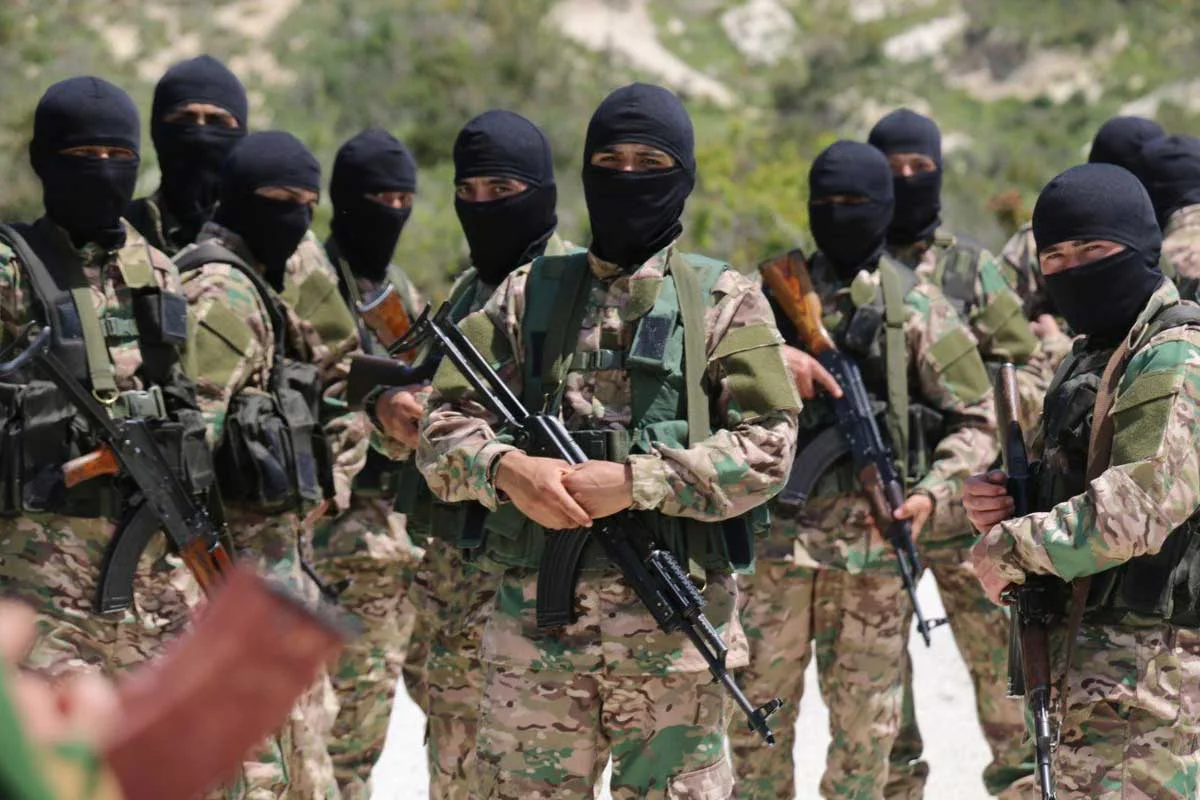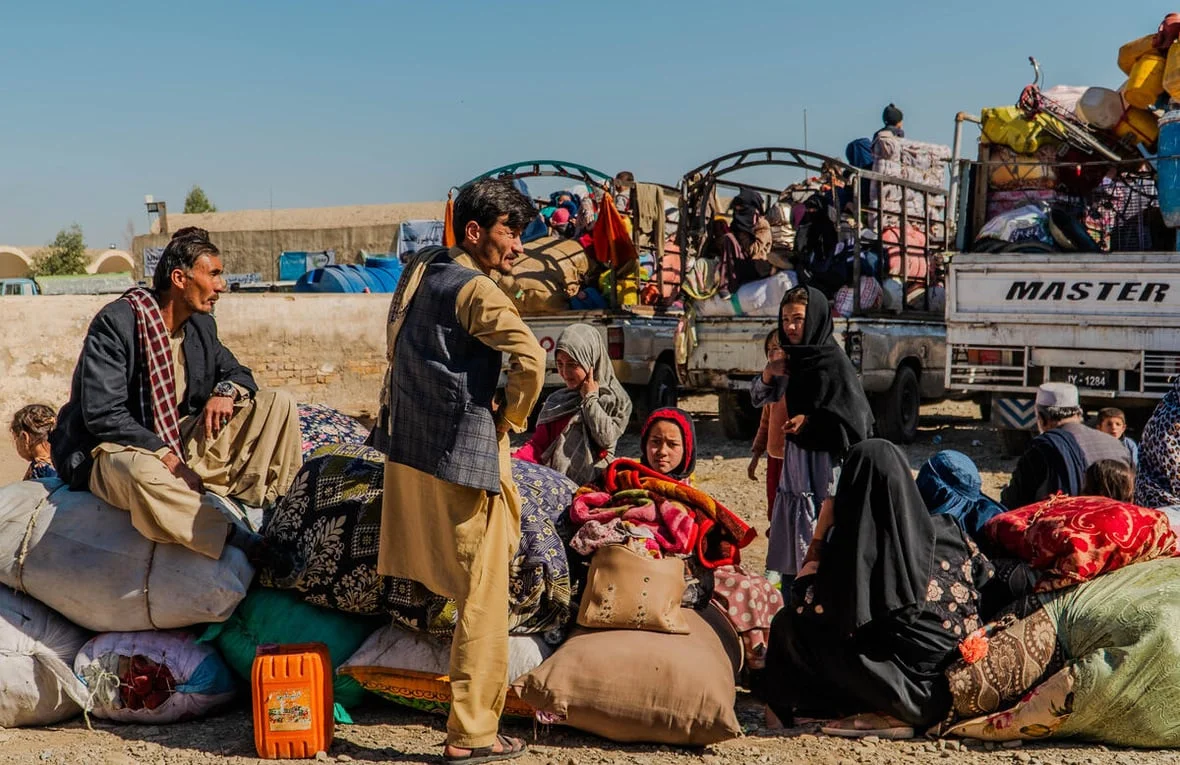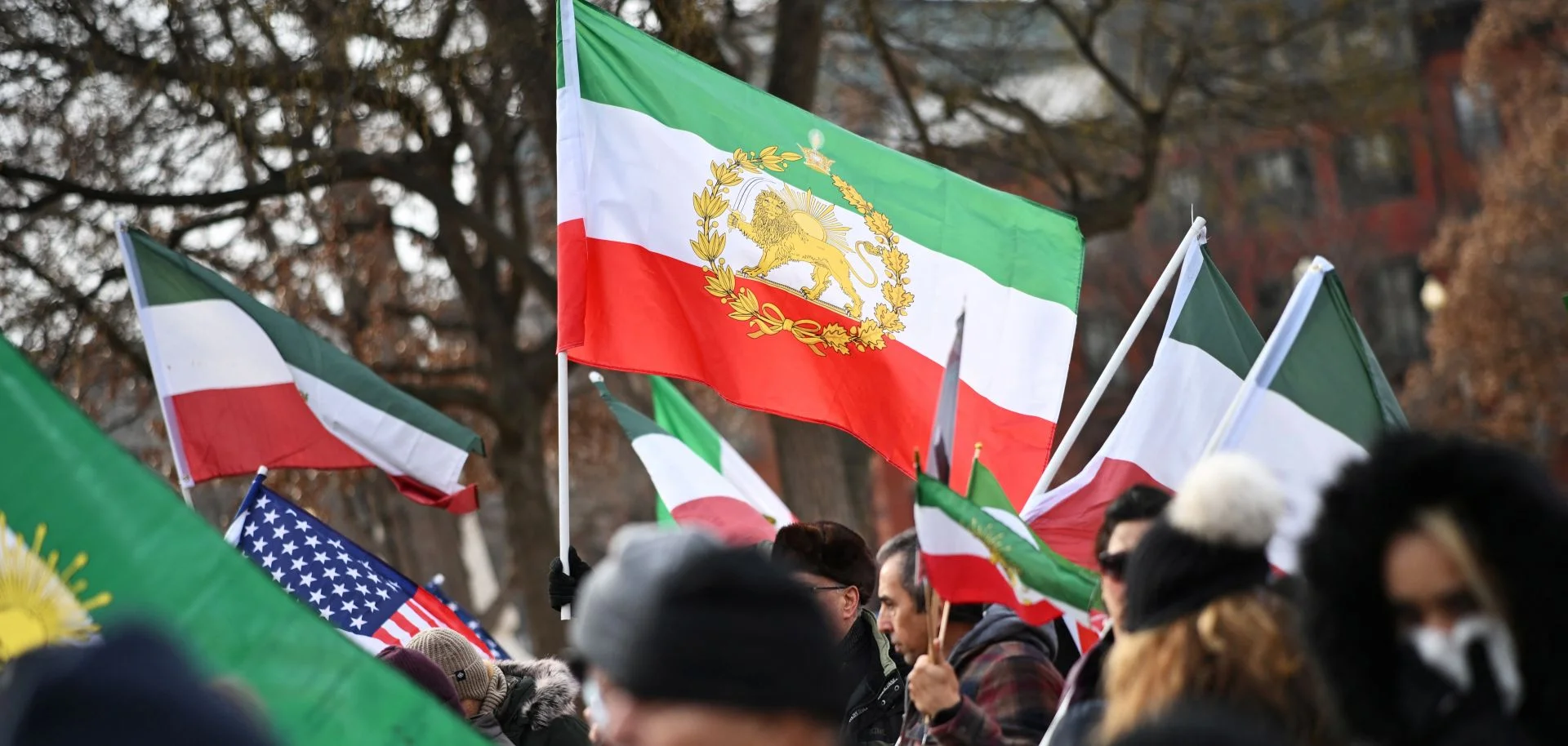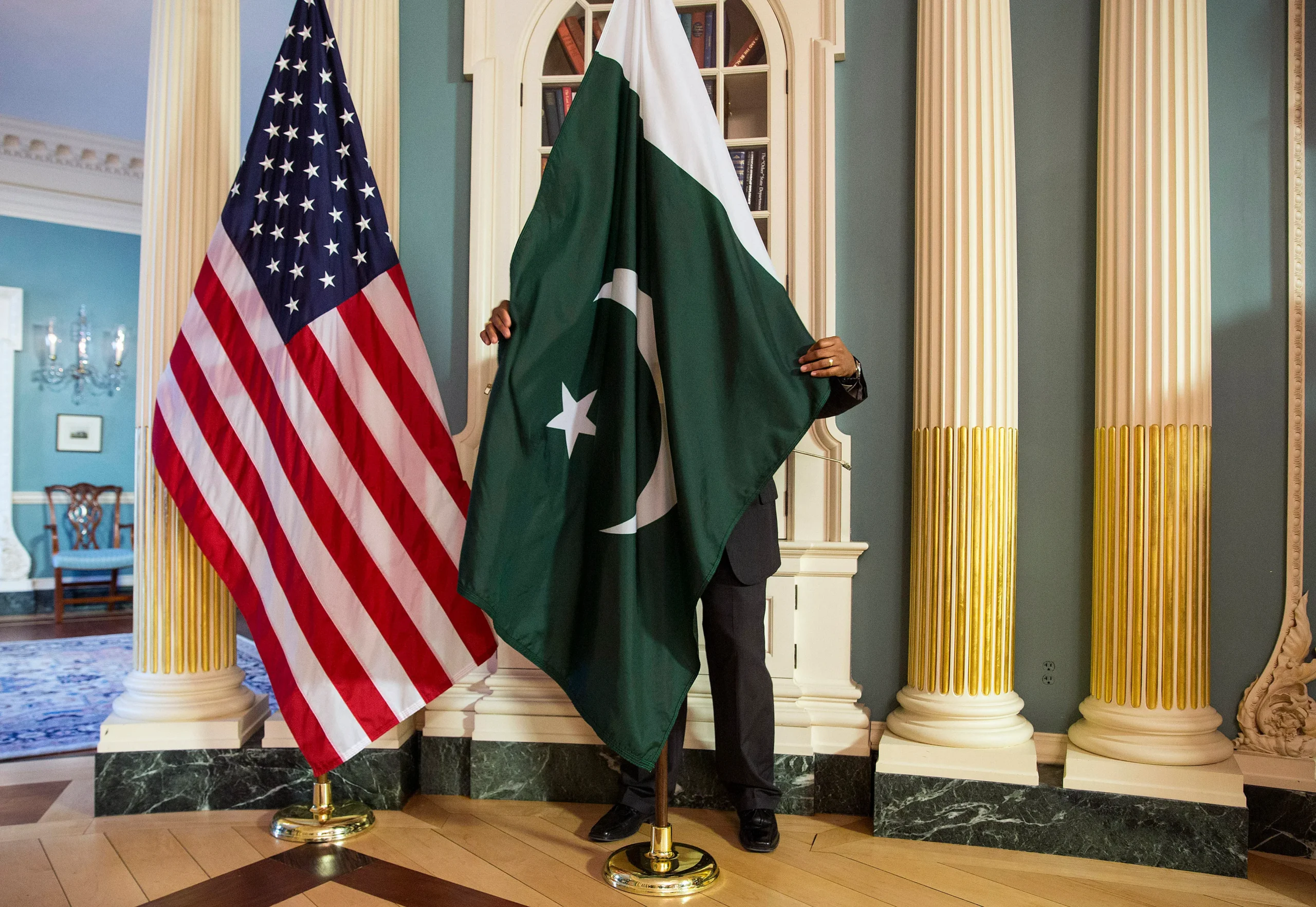The recent, highly anticipated round of dialogue between Pakistan and the Afghan Taliban in Istanbul, under the diplomatic stewardship of Qatar and Turkey, has severely stalled, reaching a near dead end that signifies a critical geopolitical fracture point in South Asia. The talks, intended to de-escalate simmering border tensions and secure verifiable guarantees against cross-border terrorism, hit an insurmountable wall due to the Taliban’s refusal to meet Pakistan’s principal demand: verifiable action against the Tehrik-e-Taliban Pakistan (TTP). This failure to compromise on the core security issue, coupled with the introduction of a suite of counter-demands widely deemed ludicrous and incompatible with international norms, confirms that the diplomatic mechanism for meaningful progress is severely jeopardized.
The failure is not merely a policy disagreement, it exposes the core strategic calculus of the Taliban leadership, which remains rooted in an intractable ideological affinity with the TTP and a historical disregard for the internationally recognized Durand Line.
The Core Impasse: The TTP Nexus
The TTP nexus constituted the non-negotiable core of the crisis for Islamabad. Pakistan’s delegation presented substantial, irrefutable evidence, which the mediating parties reportedly acknowledged, demonstrating the TTP’s continued operation, resourcing, and planning of attacks from sanctuaries within Afghan territory. The Taliban’s consistent refusal to actively dismantle this network highlights a practical and ideological commitment they are unwilling or unable to sever. For the regime in Kabul, the TTP remains an ideological ally, a strategically placed force, and a potential tool of leverage against Pakistan. Furthermore, initiating a crackdown risks triggering serious internal instability or dissent among the Afghan Taliban’s own ranks, which often share deep personal, tribal, and battlefield links with the Pakistani militants.
Pakistan’s demand for the TTP to be neutralized was, therefore, a non-negotiable assertion of state sovereignty. Islamabad correctly viewed compliance on this single issue as the litmus test for the success of the entire dialogue; its rejection by Kabul rendered all other negotiations moot. When a neighbouring, internationally unrecognised regime fails to honour its fundamental commitment, enshrined in the 2020 Doha Agreement, not to allow its territory to be used against others, it necessitates a security response. The complete breakdown on this core issue confirms that the primary mechanism for peaceful resolution has been exhausted, leaving Pakistan with few peaceful options beyond unilateral security measures to safeguard its national integrity.
The FATA Demand
Against the backdrop of this TTP impasse, the specific counter-demands tabled by the Taliban delegation, according to sources privy to the discussions, amounted to an unprecedented diplomatic overreach, attempting to pivot the conversation from counter-terrorism to sovereign interference and economic extortion. These demands, particularly the call for the reversal of the FATA merger, showcase a regime determined to challenge the constitutional and legal structure of the Pakistani state. The demand to repeal the 25th Constitutional Amendment, which integrated the erstwhile Federally Administered Tribal Areas (FATA) into the Khyber Pakhtunkhwa (KP) province in 2018, is an existential threat to Pakistan’s constitutional integrity. This constitutional restructuring was ratified by the Pakistani Parliament to extend the country’s legal and administrative framework into a historically autonomous territory. For the Taliban to demand its reversal is not just an act of political interference, but a direct attempt to destabilise the border and recreate the precise kind of ungoverned space where the TTP and other militant groups could thrive with impunity. Pakistan’s rejection was necessitated by the principle that internal constitutional matters are entirely beyond the purview of bilateral diplomatic talks, especially when dictated by a non-state actor turned de facto regime.
Economic Demands
In parallel, according to the same sources, the demand for the free movement of goods across the Pak-Afghan border is a thinly veiled attempt to institutionalize economic warfare. While legitimate bilateral trade is essential, demanding a cessation of all customs checks, tariffs, and documentation procedures creates a catastrophic loophole for mass smuggling. This policy would deliberately undermine Pakistan’s domestic industry, bleed the national exchequer of crucial revenue, and effectively empower the Taliban’s war economy, which relies heavily on illicit cross-border commerce for funding. Accepting this demand would mean voluntarily surrendering fiscal and economic sovereignty. Similarly, the demand for a complete halt to the repatriation of Afghan refugees politicizes a sensitive humanitarian issue, using it as a tool of political leverage. Pakistan’s recent policy shift was primarily driven by security imperatives, as officials cited evidence of TTP operatives blending in with unregistered Afghan populations. Islamabad views its right to regulate its population and deport individuals residing illegally as an intrinsic right of a sovereign nation, and the Taliban’s attempt to dictate this policy was rightly dismissed as an overreach into Pakistan’s domestic security and immigration jurisdiction.
The Role of Mediators
The involvement of Qatar and Turkey as mediators was crucial for convening the dialogue, yet the diplomatic stagnation inevitably highlights the limits of their influence. Both nations expressed concerns, according to a source privy to the discussions, regarding the necessity of Kabul to respect international norms.
Turkey is reportedly engaged in a last-ditch attempt to salvage the situation and keep the communication channels open, reflecting the extreme fragility of the diplomatic process. However, the persistent and non-negotiable nature of the Taliban’s counter-demands and their inflexible stance on the TTP have led to evident frustration among the mediating parties, who recognize that fundamental progress cannot be achieved without a significant political pivot in Kabul. Ultimately, the future of the dialogue rests squarely on the political will of Kabul to address the foundational issue of cross-border terror, which they have so far failed to demonstrate.
The failure to achieve a breakthrough in the Kabul dialogue signals that a costly and necessary policy reset is imminent. Having exhausted the diplomatic route facilitated by trusted regional interlocutors, Pakistan now faces a complex calculus: balancing the desperate need for regional stability with the imperative of defending its territorial and constitutional integrity. The stagnation validates the position that sustained engagement with a regime unwilling to compromise on core security threats is futile. This leaves Pakistan with the unavoidable necessity of strengthening border defences, potentially expanding counter-terrorism operations, and reserving the right to respond forcefully to any future violation of its sovereignty.

